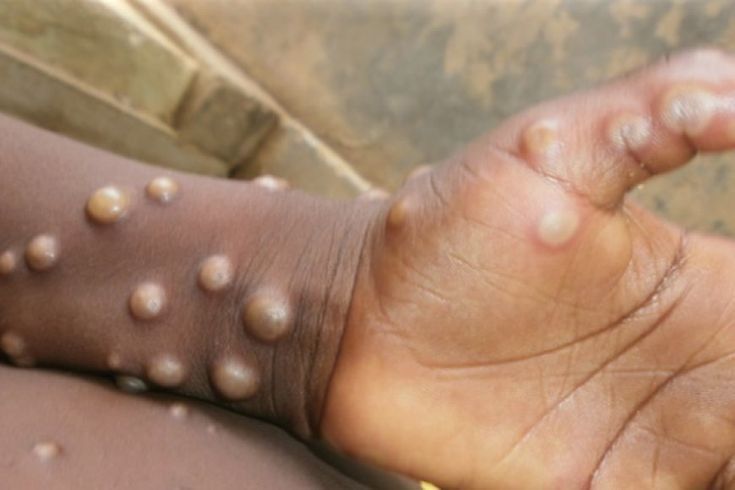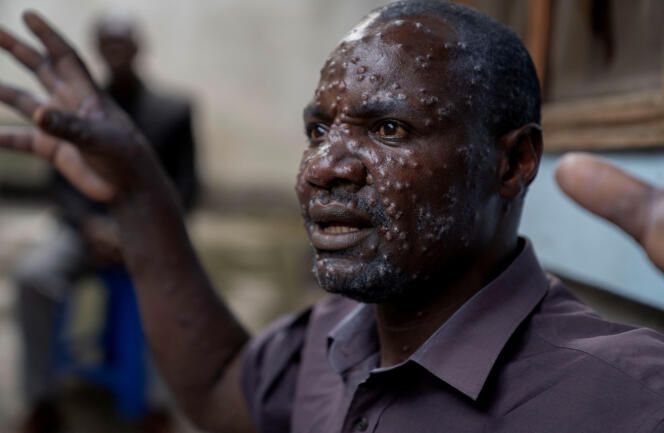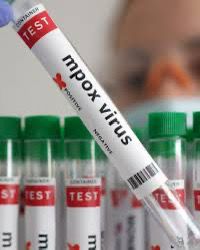The Ministry of Health has reported 1,712 laboratory-confirmed Mpox cases since July 2024. While 1,089 individuals have recovered, 10 lives have been lost, mostly among those with underlying conditions like HIV/AIDS, diabetes, and malnutrition. Currently, 169 patients remain in isolation centres.
The outbreak began in late July 2024, with scattered cases in districts like Kasese, Mayuge, and Nakasongola. Surveillance and communication efforts initially controlled the spread. However, from September to November 2024, a micro-outbreak in Nakasongola’s fishing communities worsened the situation. The virus spread to the Kampala Metropolitan Area, including Kawempe, Lubaga, and surrounding districts like Mukono and Wakiso.
Today, the Greater Kampala Metropolitan Area accounts for 73% of cases, with Bwaise and Kawaala emerging as hotspots. The virus continues to spread through dense networks involving boda boda riders, taxi drivers, vendors, commercial sex workers, and bar attendants.
Mpox has reached 71 Districts, with 52 reporting new cases. Males aged 19 to 39 and mobile workers like truck drivers and boda boda riders are the most affected. Risky behaviours, such as casual sex and drug abuse, have fueled the virus’s spread. Inadequate infection control in schools and private clinics has also contributed to transmission. Jane Ruth Aceng, minister of health in Uganda urged the local governments across the country to regulate hotspot areas such as brothels, massage parlours saunas and unregulated gatherings to put a hold on the spread of the virus.
“Local governments have been urged, to regulate brothels, massage parlours saunas and unregulated gatherings that contribute to the spread of M-Pox,” Jane Ruth Aceng, minister of health in Uganda said.
“Regarding behavioural factors, high-risk behaviours such as casual sex in guest houses brothels, massage parlours and saunas significantly contribute to the increase of M-pox,” she added.
The Ministry has intensified response efforts, including enhanced surveillance, case searches, and public awareness campaigns. Training for health workers and increased supplies in treatment centres are ongoing.
A vaccination campaign, set to begin in February 2025, will target high-risk groups, close contacts of confirmed cases, and frontline health workers.
Schools, where 19% of cases have been reported, are a key focus. The Ministry, in collaboration with the Ministry of Education, has trained over 2,700 teachers in high-risk districts and distributed child-friendly educational materials to increase awareness among students.
The Ministry urges the public to take preventive actions seriously: avoid physical contact with symptomatic individuals, refrain from sharing personal items, wash hands regularly, and seek medical help for symptoms like rashes or fever. Vaccination is strongly recommended for those in high-risk categories.


However, 18 Districts have seen no new cases in six weeks, with Adjumani District marking a major success by remaining infection-free for over three months. Adjumani District’s success showcases the effectiveness of targeted interventions. The Ministry remains committed to controlling the outbreak and assures that Uganda is safe for travel and business.


